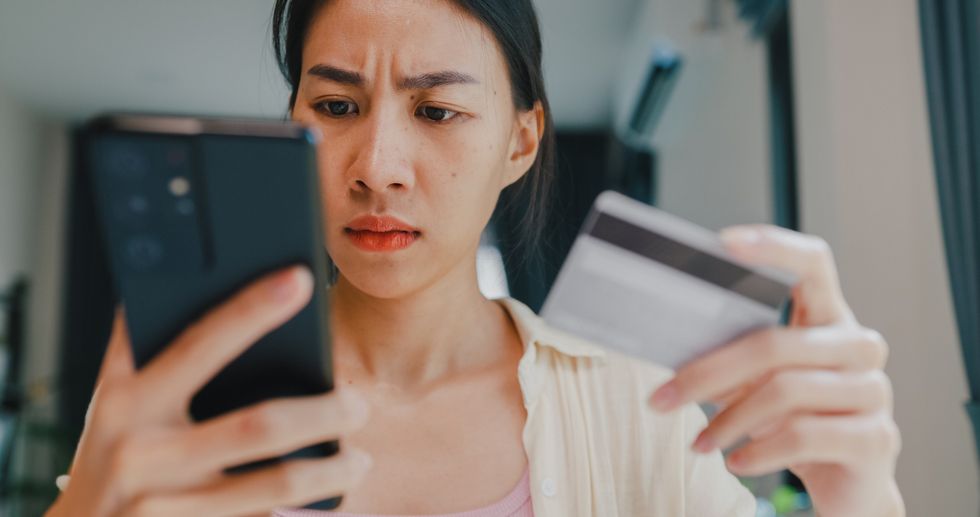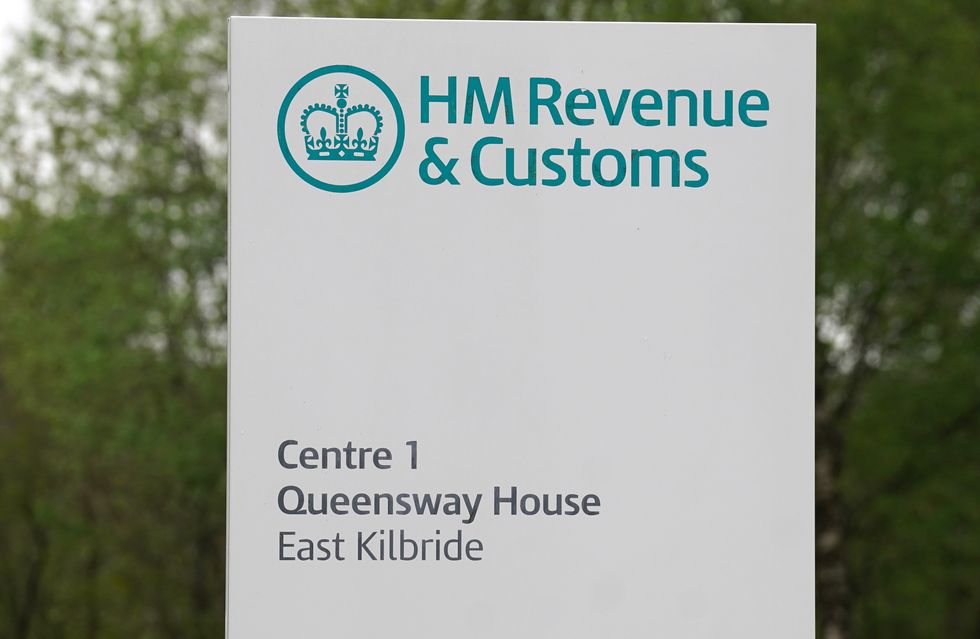Britons are increasingly turning to side hustles to supplement their income but HMRC’s new rule means many will be under harsher scrutiny
Don't Miss
Most Read
Trending on GB News
New rules have come into effect, requiring side hustle apps such as Etsy and Vinted to collect and report users’ earnings to HM Revenue and Customs (HMRC).
Many people use these apps and websites to facilitate their side hustles and generate extra income for their families, and those who earn over £1,000 from this may have to pay tax.
While some taxpayers may be unaware of this threshold, Britons are being reminded of it in light of HMRC’s crackdown on side hustle platforms.
Who is impacted by the HMRC rule change?
Side hustlers making over £1,000 a year from these platforms must report their earnings to HMRC by filing a Self-Assessment tax return.
Who is liable to pay this levy depends on what they are selling, why they are selling and whether they make a profit.
According to HMRC, there are nine badges of trade which determine whether someone is considered a “trader”.

HMRC has updated its rules which affect side hustlers
GETTY
These include:
- profit seeking motive
- the number of transactions
- the nature of the asset
- existence of similar trading transactions or interests
- changes to the asset
- the way the sale was carried out
- the source of finance
- interval of time between purchase and sale
- method of acquisition.
Many low-income households rely on the earnings from selling second-hand goods online and a decrease in the number of Britons doing this could have a detrimental knock-on effect, according to PennyPlan’s director Chris Lenehan.
He explained: “Websites such as eBay and Vinted are popular among people who previously sold their unwanted clothes at car boot sales or on social media to earn extra money.
“This is [often] for goods that have already been purchased and are being sold for a markdown rather than for-profit purposes.”
What is the HMRC rule change?
As of January 1, companies like eBay and Airbnb now have to collect and share their users' earnings to the tax authority, if the income is over a certain threshold.
LATEST DEVELOPMENTS:

Side hustlers are being reminded of their tax obligations
PAThose who have not yet accurately reported how much they have made on Etsy, Vinted and other platforms have until the end of the month to so for the 2022-23 tax year.
Any earnings over £1,000 have to be declared to HMRC by filing a Self-Assessment tax return by January 31. With the rule change, HMRC will be able to discover someone’s earnings whether or not they have filed a Self-Assessment form.
Failure to pay tax above the £1,000 could result in side hustlers being hit with expensive tax penalties. It should be noted that this is not a “new side hustle tax” being introduced by the Government.
An HMRC spokesperson said: “For people selling personal possessions online, absolutely nothing has changed.
“The reason we're asking digital platforms to share information with us is to ensure businesses operating via these platforms pay the correct amount of tax, and do not have an unfair tax advantage over high street and other traditional businesses.”









